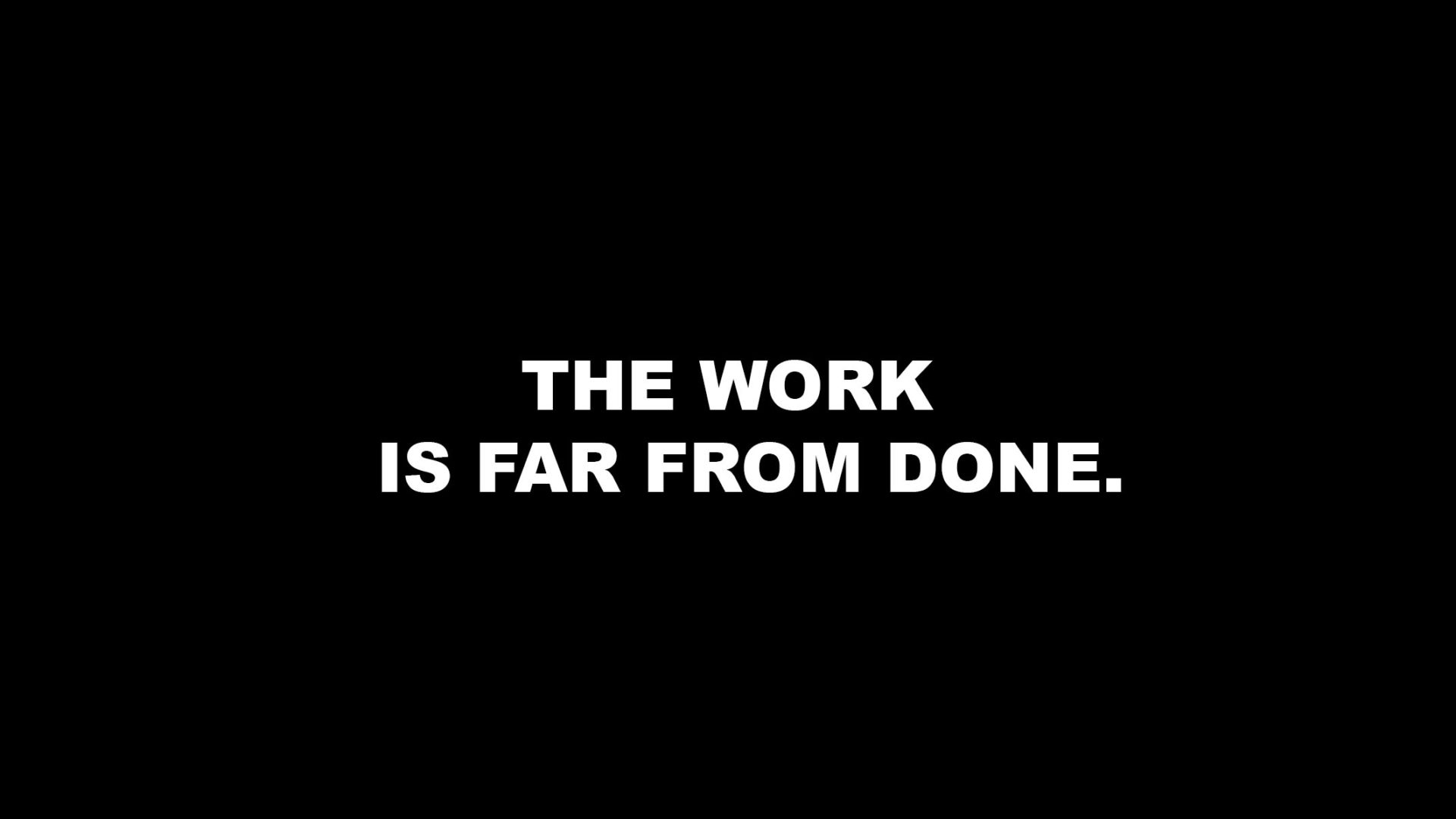
Last week, tensions were high.
Activists hit the streets to protest the deaths of Breonna Taylor, George Floyd, Tony McDade, and countless other Black people who have died at the hands of the state. On Tuesday, the music industry decided to #BlackOut in solidarity, and everyday people, as well as large brands, followed suit. The collective rage was palpable, the anguish could be felt deeply. Yet, it wasn’t enough. A little over a week later, it seems as if things are slowly going back to normal, as it is no longer trendy to care about Black lives.
But even that is a privilege. The ability to feel as if you’ve done enough after a few moments of “activism,” is racist.
This—the unrest, the violence, the disrespect—has been Black people’s reality for centuries. We don’t have the option to move on and continue with our lives as if nothing has happened. As the awkward check ins become less frequent, and it becomes more obvious that this was a fad to some people, we still are tasked with raising awareness, and doing work that truthfully, isn’t ours to do.
This is not to say that there is no room for joy. If anything, Black joy (and the most basic things that create it, like equal pay and opportunities to be centered beyond moments of deep frustration) should finally be the focus. But what is not permissible is the notion that the work is complete.
Structural change is absolutely necessary, and vague, one-off posts about racism are in fact a hindrance to that change. They send the message that it is normal, and fine, to put years of oppression on the back burner to get back into the groove of everyday life. But that’s just the problem—everyday life has been utterly intolerable for Black people.
Photo credit: Brooklyn White